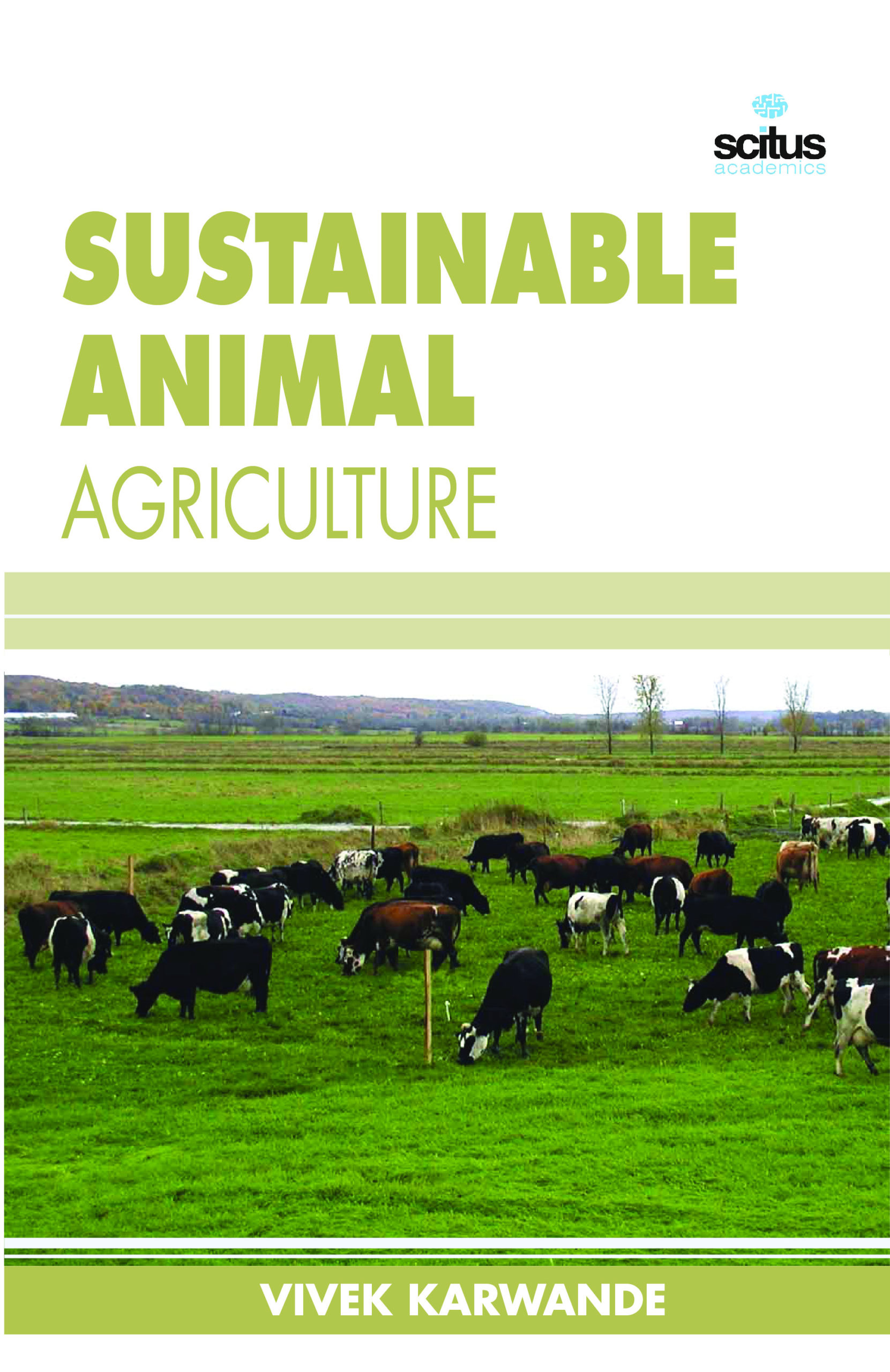The agricultural activities are often based on individual producer´s decisions and on their attitudes, knowledge and level of technology. It is however also based on political and economic considerations, attitudes and opinions from the society. Thus, continuously updated scientifically based knowledge, both from an environmental, social and economic view, need to be disseminated and applied with a much increased ambition. Technological facts may be well known, but still strong social and economic reasons and pressure from outside to make short term profits hinders the appropriate application of relevant measures. This is the reason why we have all parts of the sustainability concept covered in our texts: the ecological, the social, the economical, and the institutional/juridical. “Sustainable agriculture” has become a popular way of expressing that what society wants is an environmentally sound, productive, economically viable, and socially desirable agriculture. However, the concept of agricultural sustainability does not lend itself to precise definition. Agriculture is practiced in so many climates and in different cultural contexts, so “sustainable agriculture” cannot possibly imply a special way of thinking or of using farming practices. Sustainable agriculture is an approach to securing the necessary resources for safeguarding global food production, biodiversity reserves, recreation needs, water quality and well developed rural areas and wildlife areas. It can also be an effective means of poverty reduction and of achieving the Millennium Development Goals, as well as means of mitigating climate change. It is also about health, welfare, respect and ethics regarding animals and man, as well as quality of food and feed. In other words they are truly transdisciplinary and represent a new holistic outlook on ecosystem health and sustainable agriculture.













